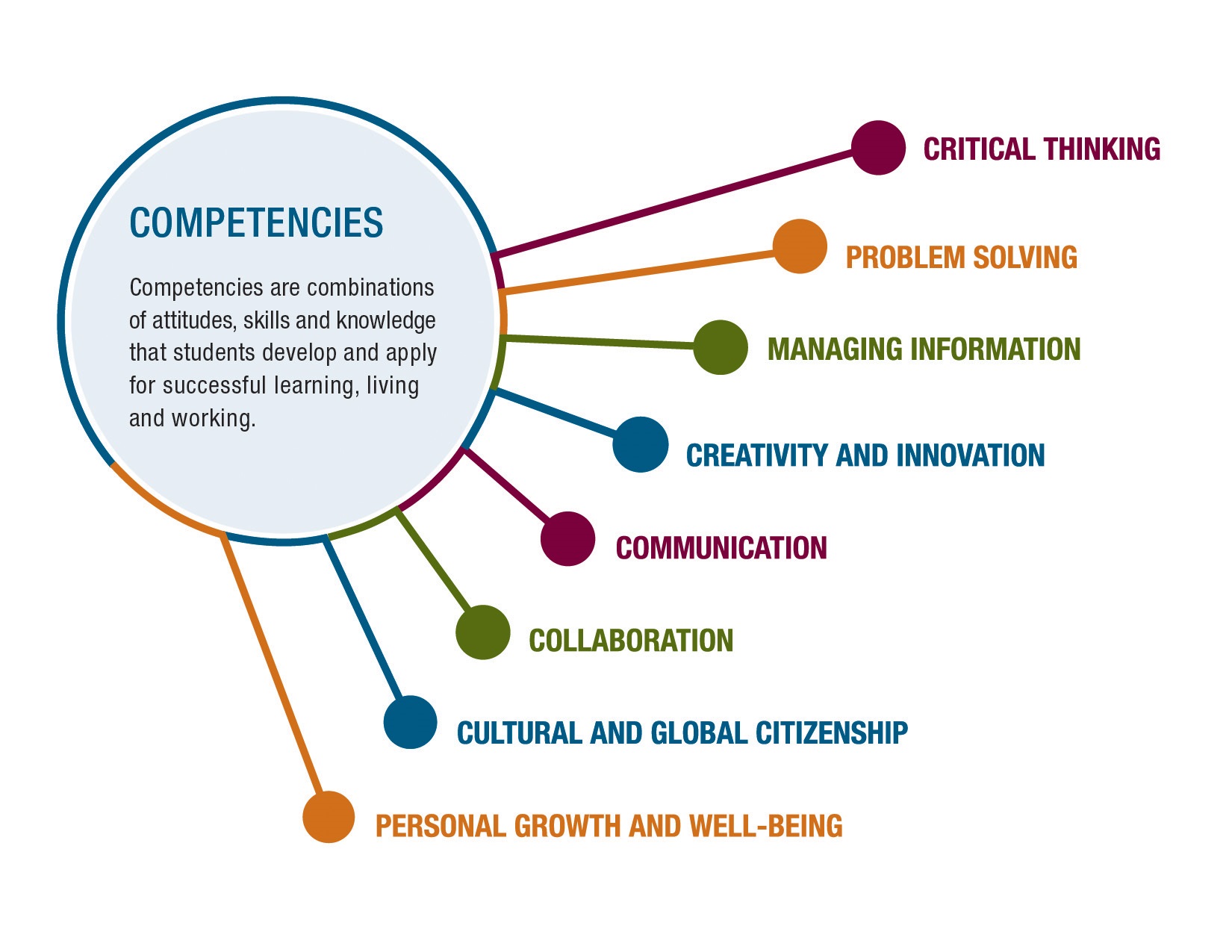The next steps in building engagement in assessment.
In my first action research section, I focused on something that I would consider a traditional task. There were straightforward questions from the curriculum that students were expected to respond to. That is not on its own innovative or revolutionary, however, I want to continue to find ways to increase student engagement in their own progression of learning. The goal would be to establish the confidence of students to understand where they are in the learning process in relation to the goals or expectations they have for themselves.
The more novel strategy I want to consider in relation to engagement in assessment goes beyond how students assess their performance on class questions or tests. The next steps in building engagement in assessment relates to how students monitor their in projects and long-term or real-life applications. The intention behind this next progression is to find a balance in achieving learning outcomes and developing skills.
If students can be successfully engaged in in their assessment of traditional assessment practices, they also have the potential to be successful monitoring their own skills and competencies. Students have the potential to use their background, experiences, and understandings establish criteria and expectations of what they feel success looks like in multiple applications.
The main question for this cycle of research will be:
How can students assess their execution of competencies that would be required to accomplish learning outcomes?


Hi,
ReplyDeleteI'd like to comment on your question- How can students assess their execution of competencies that would be required to accomplish learning outcomes?
I think clear and concise learning goals and success criteria contribute to better learning outcomes (as well as co-created success criteria). In respects to students students assessing their learning, I think this has to be part of the assessment process. Even in the primary classes I have students go through the success criteria and complete a self assessment and a peer assessment prior to even the teacher looking at the work. I have students comment on one thing they did really well (success criteria they've met) and one thing they need to improve on (based on the success criteria as well). Slowing down the assessment process allows students to consider the success criteria and make changes based on a self assessment and peer assessment and tweak their work and make improvements prior to the final assessment. I have done this in primary and intermediate grades and I have really found that students were more involved in the assessment process and it was quite interesting to see that students knew exactly what grade they were getting prior to me even marking anything.